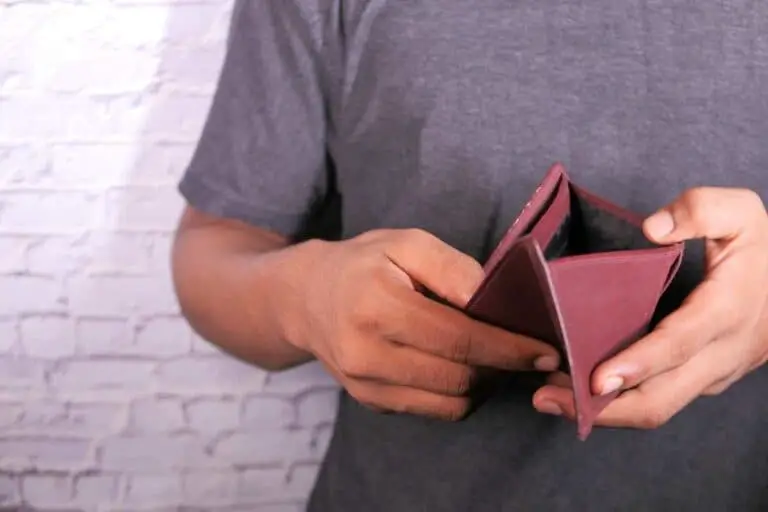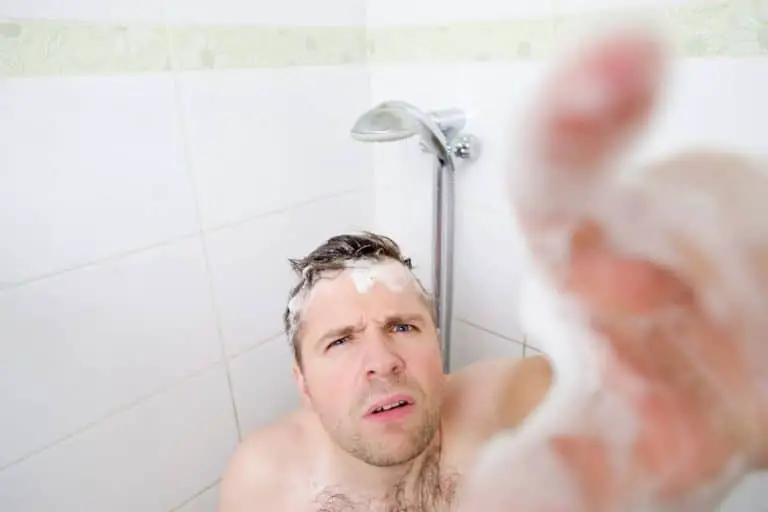Do Universities Monitor Your Email? (Must Read!)
Students entering college for the first time might want to brush up on their communication skills. College is a time in which students will begin to develop skills for the workplace, and learning to send professional emails is one of those essential skills. But will universities monitor their emails?
Universities monitor your email and all student and faculty emails to watch for any illegal activity and track inappropriate correspondences. Universities can do this as the institution is an email provider, and surveillance is part of the agreement to use school emails.
The rest of this article will detail why universities monitor emails and how students can properly email their professors and fellow students.
Why Do Universities Monitor Emails?
Students might feel uncomfortable with the idea that their school can look through their communication. Yale students were not surprised that schools monitor student emails, yet they felt that schools needed to communicate this to students.
But this explanation of why schools feel the need to access email communication might not satisfy students in their quest for fairness and privacy.
Universities monitor emails to watch and report any suspicious or illegal activity and ensure appropriate and professional communication between students and staff. Private institutions can monitor emails to enforce student conduct.
Schools check student emails to ensure there are no threats or talk of illegal activity. Universities want to maintain safe housing and learning environments for students and faculty.
A way to keep this secure environment is for institutions to monitor emails and to watch out for the following:
- Bomb threats
- Threats of violence toward another student or faculty member.
- Threatening to shoot the school or disclosure of someone having a gun.
- Threatening to kill oneself.
- Disclosure of using illegal drugs and substances.
- Sexual assault cases.
- Inappropriate or sexual relationships between students and faculty.
In addition to maintaining campus safety and ensuring appropriate communication between all students and faculty, private universities might also monitor emails to ensure that students adhere to the institution’s code of conduct.
Private universities, especially religious ones, might check to ensure that students are not using foul language, engaging in inappropriate behavior according to the institution’s policies, and not misusing the email account.
Depending on the university’s policies, they might even check to ensure that students are not giving out their email, such as:
- Providing your email address to an online store.
- Communicating with someone not in the school’s email database.
- Signing up for several online offers creates a lot of spam.
Now that you are aware that universities can monitor your email and why they might be doing it, it would be best for you to learn how to appropriately and effectively communicate with your professors and fellow students.
How To Properly Email Professors, Other Staff, and Your Peers
When emailing staff or other students, students need to know how to form respectful and coherent messages. Since these are monitored by the college or university, you’ll want to learn what is appropriate email etiquette and what is not.
The following sections are steps to writing a professional email to your professors and peers.
Greetings and Salutations
When emailing a professor or colleague, students must begin with a proper greeting. It is not advisable to jump into the content of the message without addressing the recipient, as this can seem rude.
The best way to greet a professor through email is to address them by their appropriate title and last name after saying hello, and avoid simple phrases like “hey” or “what’s up”.
If speaking with a colleague, it is acceptable for students to address them by their first name.
Additionally, it is wise to say something like “I hope you are doing well” or asking about the recipient’s well-being as a sign of politeness.
Clarity and Conciseness
After greeting the email recipient, students should try to be as concise and clear in their message. Avoid writing long paragraphs and sentences, as students will want to make sure their professors and peers understand the content of the message.
Long paragraphs or sentences might confuse the reader because of all the information delivered to them. They might also cause the reader to skim through the text without retaining what the writer wants them to know.
One important factor to include in the email is the student’s class, which is especially helpful for professors. Be sure to include the course code and title in the email. If the student feels it is necessary, the email can include the time and day that specific class meets.
Students, however, can feel free to leave that detail out of the email if they think that the person knows their name and who they are.
Source: Academic Positions
Grammar and Punctuation
In addition to students ensuring their emails are accessible for the reader to understand, students will want to ensure that the content is free of grammatical and punctuation errors. Not only does a grammatically correct message help with clarity, but it shows professionalism.
Students can use tools such as Grammarly or pay attention to spell-checks provided by their computer.
Using good grammar and knowing when to use commas, semicolons, periods, quotation marks, parentheses, and good spelling saves the reader a lot of work from decaying a poorly-written message. It also will save students a lot of embarrassment.
Avoid Content and Language That Is NSFW
NSFW is an acronym that surfaced on the internet, and it stands for “Not Safe for Work.” It mainly serves as a trigger warning on social media posts and indicates content that may not be appropriate in formal or professional settings.
Students should avoid using foul language, inappropriate or sexual subject matters, share links to questionable sites, photos, videos, and other content, and even potentially triggering material in their emails.
Emails that include trigger words or inappropriate content can be flagged and reviewed by the school.
Misuse of email communication can cause students to face disciplinary action, be forced to leave the institution, or even be arrested depending on the content.
Students should always strive to be professional in their email messages and abide by university policies.
Source: Business Insider
Sign Off
After an email, students should sign their name after saying “sincerely” or “thank you.” Students should write out their first and last name so that their professors or colleagues will know who wrote the email and look at their system if needed.
Conclusion
It can feel daunting to know that universities can review and monitor email communications, but students can feel relief knowing that it is only for the sake of safety. As long as students are not engaging in illegal activity or are not going to cause harm to someone, it is unlikely that anything will happen with the student.
Students should keep in mind that their emails should communicate professionalism and not misuse it by sending inappropriate content or using it for means other than communicating with professors or other university-related personnel or groups.
Recommended Reading:







